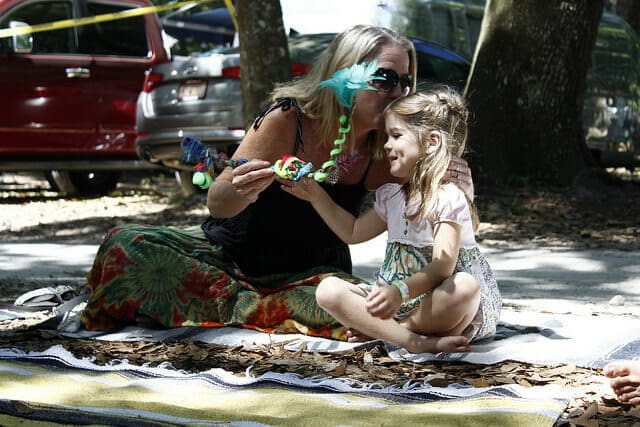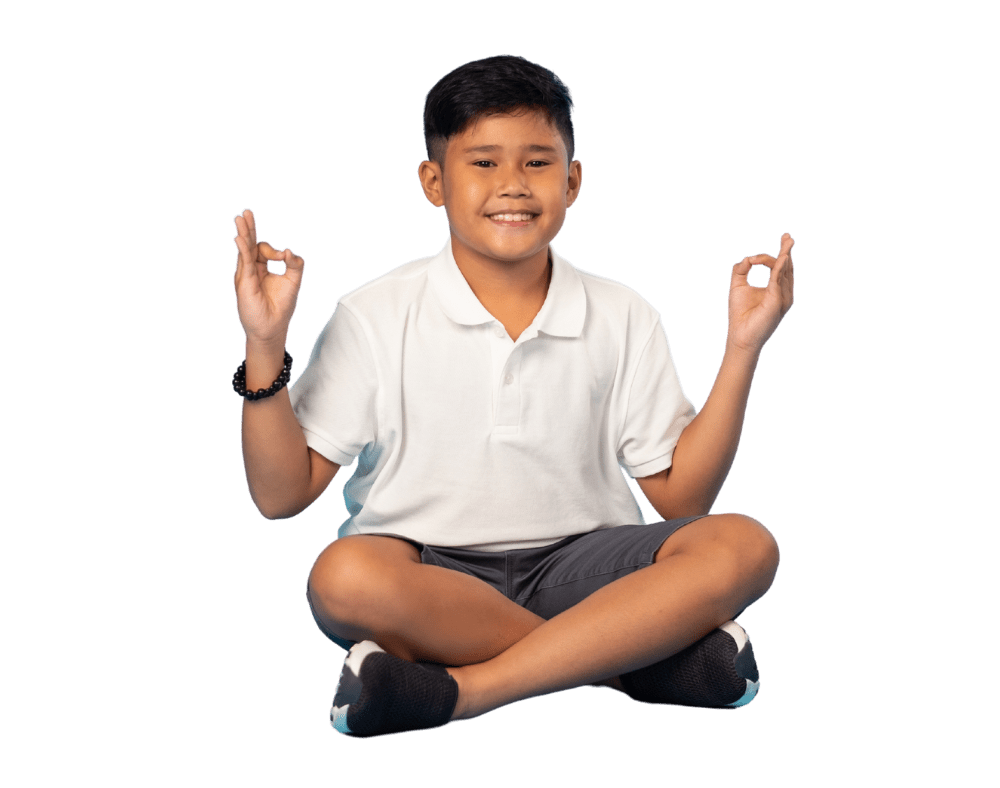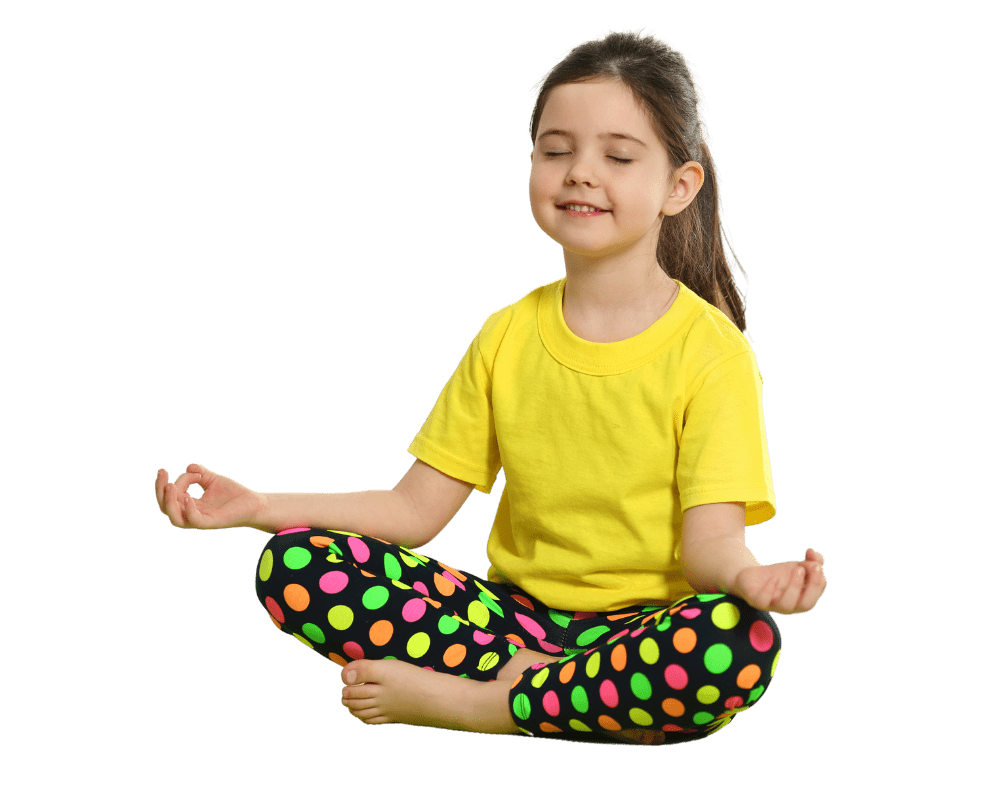Thanksgiving is a tradition many of us today recognize as beginning in 1621 at Plymouth with the Native Americans and the Pilgrims after the first harvest in the “New World”. It was actually more of a harvest festival and they gave credit for all the bounty and provision to God. Today some still use that day to give thanks for what is provided through nature, as well as our skills and abilities to go to work and earn an income. I think we all could stand to set aside a day of reflection and gratitude, don’t you? For many of us, it is a week off school or work, maybe a vacation to a warmer locale, and time to wear elastic pants and eat whatever we want (especially pumpkin flavored food… and butter!). Lots of butter can be found at Thanksgiving.
This year is bittersweet for me. I have so many things and circumstances for which to give praise, and my family have also had some great losses this year. We will therefore not be gathering around the table in the same way as we have in previous years. One of those reasons being is that my mom is a vegan and my kids and I are dairy and enriched-flour free. Learning to recreate traditional dishes to meet those stipulations is proving challenging!
What does Thanksgiving mean to a yogi? Well, I am not referring to the holiday itself here. Thanksgiving, or gratitude, is a practice for those who really live their yoga. In my kids’ yoga class last year we focused on the Niyama (one of the limbs of yoga) of Samtosa (pronounced often as “san-toh-sha”). Samtosa means contentment. Sutra 2.42 tells us this:
“Samtosad anuttamah sukha labhah.”
Translated as: “By contentment, supreme joy is gained.”
Contentment means to be who we are and as we are without relying on external sources for our happiness. You see, happiness is changeable as it depends on circumstances. Joy is a way of being. Joy does not depend on our circumstances, it is a condition of the heart that is not affected by waves of change. Contentment means to neither like nor dislike what comes our way, we just let it come. Being able to find a reason to be grateful for whatever our circumstance, as each experience teaches us something, is a form of contentment. We are not necessary labeling every bad thing that comes our way “bad” or every good thing “good,” we are just experiencing them. When I am able to do that, I am able to recognize that state of being called “joy.” No one can take that away from me.
In a culture of much excess, we seldom stop to just be content. We are always searching for the next best thing, the next gadget, the better job, the bigger paycheck. One thing we can practice as yogis, and teach our children to practice, is mindfulness and awareness. Slowing down to observe and recognize the beauty of provision. Teach them to recognize the difference between a need and a desire. Help them to learn to enjoy and appreciate life so they realize that what brings them that joy is not the things they obtain, but rather the experience of being who they are. For my classes in November our Om-work is often to practice gratitude, as it is a simplistic way of turning their minds towards the idea of contentment. We often try to practice being grateful for things that are not store-bought. We spend time looking at the things about themselves that they like. We spend time being thankful for experiences they have had. At my church we often encourage the children to look for “God sightings” or things in their lives where they know God has provided or they have experienced His presence. Similarly because as the Pilgrims knew all too well, when everything else changes and material things (or even loved ones) are not present, all we have left is our relationship with each other, ourselves, and our Creator. Practicing contentment will bring joy. Joy will awaken one’s heart to love. This love creates and reminds us of the unity we can experience with our fellow human. Unity and togetherness is what the Pilgrims and Indians shared on that first “Thanksgiving Day.”
Share this mandala with your children and remind them to be thankful.
Happy Thanksgiving.pdf



